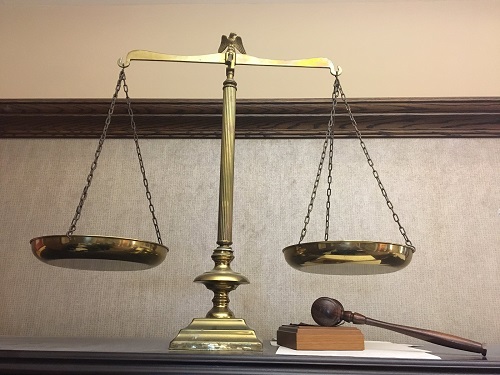The misapplication of the word “equality” has caused more problems than perhaps any concept in Western history. A misunderstanding of equality lies behind maladies from the rise of socialism and 100 years of Marxist repression to the present culture wars. “The principles of equality and non-discrimination have become more complex in recent years because they are being extended to behaviors and lifestyles, not merely to persons,” according to the book Equality and Non-Discrimination: Catholic Roots, Current Challenges by Jane F. Adolphe, Robert L. Fastiggi, and Michael A. Vacca.
That book is reviewed for Acton’s Religion and Liberty Transatlantic website by Roger Kiska, whose legal career spans the transatlantic sphere, including acting as legal counsel of the Christian Legal Centre in London and a frequent commentator for the BBC. Kiska thoughtfully recounts the arguments of the contributors, which include such notables as Ryan T. Anderson of the Heritage Foundation.
Particularly noteworthy is a chapter contending that statists wish to “domesticate” religion, replacing the desicated hull of its moral precepts with secular-humanist principles. “Laws punishing Christian service providers for not participating in same-sex weddings would be an example,” Kiska writes. “The final stage, to which [British Barrister Paul Diamond] suggests the United Kingdom is slowly creeping, is the criminal sanction of Christian belief,” beginning with “hate speech” laws.
This underlines the importance of the Acton Institute’s mission: Rights cannot exist in a theoretical vacuum. Denying economic freedom to Christians, and attempting to insulate economic activity from the influence of religious principles, eventually progresses to stifling religious expression and belief as a whole. Economics, work, and exchange are some of the many lived arenas of our faith. Without them, faith is incomplete, and historic rights are denied.
Kiska notes that the book highlights how Christianity, and other faiths, find themselves squeezed out of the public square by the redefintion of the concept of human rights, a notion that is itself an outgrowth of the West’s Judeo-Christian heritage:
Professor Ursula C. Basset delves further into the Inter-American system. She begins by highlighting the unique nature of the 1969 American Convention on Human Rights (ACHR) as a document that explicitly enumerates a right to life from the moment of conception and places a high premium on family. She notes that the Inter-American human rights system is unique – and recounts the historical vulnerabilities its member states have faced, including inequalities based on poverty and social class. Her interpretation of Article 1 of the Convention is highly illuminating. The right to life as defined in the ACHR bases equality on our common humanity. She provides an honorable defense of the original intent of the Convention as promoting family and human dignity, then compares it to some of the case-law which she describes as contradictory, controversial, and more European or Northern American than Latin American. This chapter is a must read for anyone interested in the original meaning of the Convention and how it has broken from its roots.
Dr. Brian Scarnecchia provides an interesting and strategic chapter about the Association of Southeast Asian Nations’ (ASEAN) Declaration of Human Rights (ADHR), a document which is unique to international law in that it explicitly affirms regional values and national sovereignty. He argues that it was the intent of the declaraton’s 10 parties to insert their own cultural and regional rights, and national sovereignty, into the stream of the prevailing Westernized human rights ideology. He offers a road map to ASEAN, and advocacy groups, to protect the cultural integrity of these nations from international pressures relating to abortion and the LGBT agenda. It is one of the few critiques of human rights ideology I have come across which posits some helpful solutions to levelling the proverbial playing field.
Kiska describes the chapter on the European Union’s redefintion of equality and human rights, written by Monsignor Piotr Mazurkiewicz, as “perhaps one of the best treatments of the development of European anti-discrimination law ever written.”
(Photo credit: Peter E. Alizio. CC BY 2.0.)
